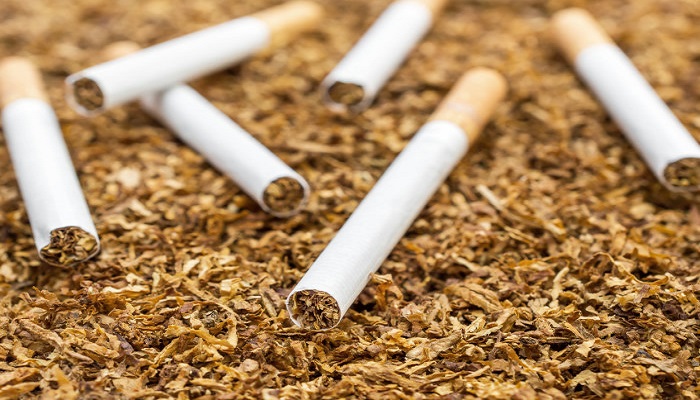With about eight million persons dying annually due to smoking-related illness and outright quitting being difficult for most smokers, Africa and, indeed, the global community cannot afford to pay lip service to tobacco harm reduction, experts have warned.
The experts from different fields spoke at an exchange programme with the theme, Harm Reduction: Making a Difference in Africa.
Speaking on the need to prioritize harm reduction, a cross section of the discussants noted that there are plethora of researches which suggest that harm reduction is a veritable tool to lower death and diseases.
As part of measures to mitigate the negative consequences of using combustible tobacco products, some health professionals and other critical stakeholders, including tobacco companies, have been championing harm reduction with alternative tobacco products.
Already the use of vaping, heated tobacco, oral nicotine and smokeless tobacco which because of their smokeless nature, drastically reduce risks associated with tobacco smoke, is gaining traction with reports indicating that as of 2021, there are 82 million vapers worldwide.
However, the use of alternative products have been met with stiff opposition from stakeholders, including the World Health Organisation, which has continued to insist on total cessation.
Speaking on tobacco harm reduction practices, progress and challenges in Africa’, Joseph Magero, said with the high death toll associated with smoking cigarettes, making alternative products available, accessible and affordable remains the most viable option.
He wondered why policy makers and some activists are against the use of nicotine products stressing that Africa could not afford to lag behind in the area of using alternative tobacco products.
He said, “We have a responsibility to make smokers aware of the alternative products available so they can conveniently make informed decisions”.
For his part, Dr Kgosi Letlape, urged African countries not to heed the World Health Organisation’s advice to ban tobacco products.
“WHO is failing Africa when it comes to tobacco’ Letlape said and enjoined low and middle income countries need to demand for quality scientific advise rather than relying on idiotic policy of banning the products”, he stated.
A cross section of participants decried the prevalence of mis-information about tobacco harm reduction especially those fueled by public authorities and noted that such poses a serious threat.
Delivering a thought provoking lecture on dis-information and mis-information with particular reference to how it affects harm reduction, Dr Tendai Mhizha, enjoined the scientific community to put information in digestible and accessible format so people can use it to empower themselves.
She stressed the need to build responses through awareness, investing in studies and policy effectiveness and adoption of a credible fact-checking ecosystem as part of measures to mitigate disinformation.
